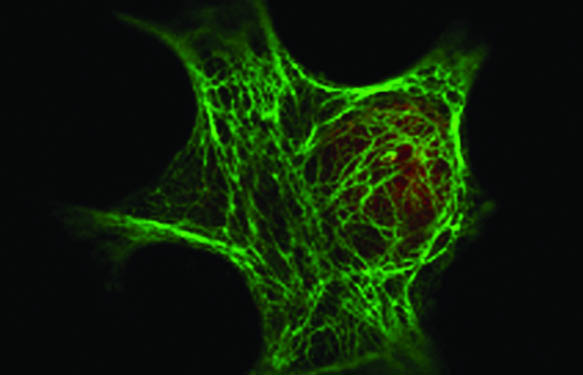PSA (Prostate Specific Antigen) has been (and still is) the biomarker of choice for the diagnosis and follow up of patients having a Prostate Cancer (PCa). However, even if it has been used for quite some time now, it is not too specific and its levels may be high for other physiological situations, and not only cancer. Therefore, the need for more specific biomarkers for the correct management of PCa patients is mandatory. A recent publication by Heidegger et al. suggests that Eotaxin-1 (CCL11) could be a more specific biomarker.
Namely, they analysed serum from 140 patients that had undergone prostate biopsy due to elevated PSA levels, as well as a healthy control group (i.e. low PSA levels) of 20 individuals. 40 urine samples were also analysed, following the trend of using less invasive samples for biomarker studies. They decided to use the Q-plex technology, as they wanted the lowest possible CV, as well as the highest sensitivity and specificity. This way, they could correlate well the obtained values for Eotaxin-1 in different samples, over time. When changes in biomarker levels are around 15 – 20 %, use of “standard” techniques (e.g. ELISA) can hide the real variations in the levels of biomarkers, and use of technologies (e.g. Q-plex) with CVs under 10 % is mandatory.

In their study, they found that Eotaxin-1 is not a good marker to predict aggresiveness or progression-free survival. It is a good marker, though, to distinguish between disease-free prostate and cancer, both in serum and in urine samples.
More research is needed to find novel biomarkers for this type of cancer, but at least, one more is available now.
- Eotaxin-1 Human ELISA Kit
Intra-Assay CV%: <10% /Inter-Assay CV%: <12%
The minimum detectable dose of Human Eotaxin was determined to be 45 pg/ml - Rabbit polyclonal anti-Eotaxin-1 / CCL11 validated in various papers (WB and IHC)
- Protein Multiplex quantification lab services from tebu-bio including Q-Plex and Raybiotech technologies



